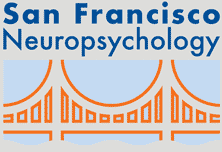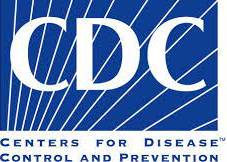Brain Fog
Call for Information
(415) 326-5000
Echo Neurotherapy provides neurofeedback treatments to children and adults for brain fog symptoms that include poor concentration, memory, and indecision. Clients report treatment is effective for better mental clarity restored moods. Symptoms of brain fog be accompanied by chronic fatigue may develop following a severe illness, medical treatment, or trauma.
LENS Neurofeedback are individualized treatment protocols that accelerates neuroregeneration of neural networks improve sustainable brain health.
- Rebuild healthy brain cell activity and neural pathways
- Reset neurological network for healthy hormone balance
- Restore better mental clarity, memory and self confidence
Causes of Brain Fog
There are various causes of brain fog may include, sleep deprivation, chronic stress, depression, over eating, diet, and inactively. Brain fog is often traced to traumatic physical or injury or psychological trauma in childhood or later in life including seniors.
Clients at Echo Neurotherapy typically experience noticeable results after the initial treatment with steady improvement over the course of therapy.
While conditions like brain fog improve with treatment, there are positive side effects that often manifest such as greater productivity, deeper sleep, more positive moods.
Benefits include better mental clarity and feeling more energetic with improved self-confidence and productivity at work or school.
” People suffering from brain fog may experience problems with attention, concentration, speech, memory, organization, and other cognitive skills. “
In a major new National Institute of Health (NIH) initiative to identify the causes and ultimately the means of prevention and treatment for individuals who don’t recover fully over a period of a few weeks. These people are called “Long Haulers” a large numbers of patients who have been infected continue to experience a constellation of symptoms long past the time that they’ve recovered from the initial stages of the illness. Often referred to as “Long term symptoms” or Long Haulers can include fatigue, shortness of breath, “brain fog”, sleep disorders, fevers, gastrointestinal symptoms, anxiety, and depression can persist for months and can range from mild to incapacitating. In some cases, new symptoms arise well after the time of infection or evolve over time.
Brain fog, and other neurologic symptoms can last for months
Many experience four or more persistent symptoms affecting their daily lives.
Study ID’s Most Common Lingering Symptoms
One of the dozens of unusual symptoms that have emerged in patients is a condition that’s informally “Brain Fog”. It’s characterized by confusion, headaches, and loss of short-term memory. In severe cases, it can lead to psychosis and even seizures.



